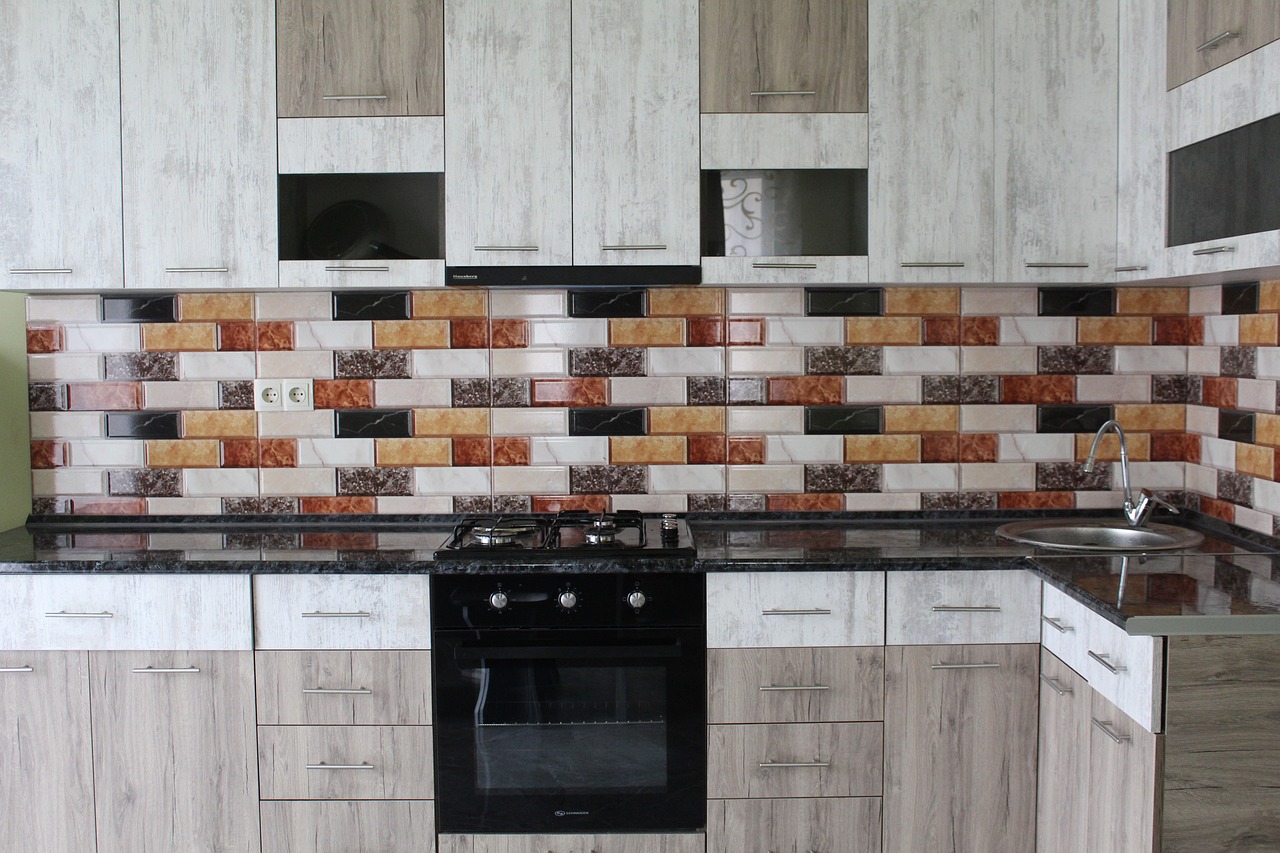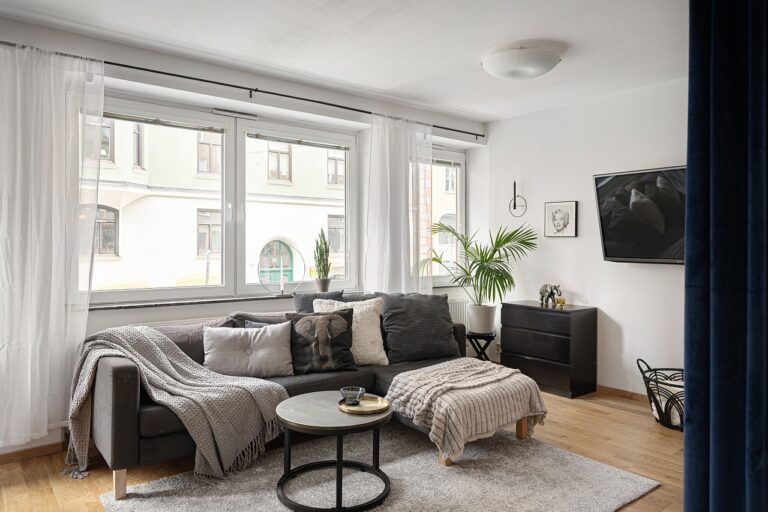The Role of Ventilation in Modern HVAC Systems: Allpanel 777.com, Laser book 247, 99exch.com login
allpanel 777.com, laser book 247, 99exch.com login: HVAC (Heating, Ventilation, and Air Conditioning) systems are essential in modern buildings to ensure indoor air quality, comfort, and temperature control. Among these components, ventilation plays a crucial role in maintaining a healthy indoor environment. In this article, we will delve into the significance of ventilation in modern HVAC systems and how it contributes to overall system efficiency and effectiveness.
Why is Ventilation Important?
Ventilation in HVAC systems involves the exchange of indoor and outdoor air to remove pollutants, control humidity levels, and replenish oxygen. Proper ventilation is vital for removing airborne contaminants, such as volatile organic compounds (VOCs), carbon dioxide, and other pollutants that can affect indoor air quality and occupants’ health.
Ventilation also helps regulate indoor humidity levels, preventing mold growth and maintaining a comfortable environment. Inadequate ventilation can lead to poor indoor air quality, stuffiness, and discomfort, while excessive ventilation can result in energy waste and increased heating or cooling loads.
Types of Ventilation Systems
There are different types of ventilation systems used in HVAC systems, including:
1. Exhaust Ventilation: Removes indoor air pollutants by exhausting stale air from the building.
2. Supply Ventilation: Introduces fresh outdoor air into the building to replace stale air.
3. Balanced Ventilation: Combines exhaust and supply ventilation to maintain a balanced indoor air pressure.
4. Energy Recovery Ventilation: Recovers energy from exhaust air to precondition incoming outdoor air, reducing energy consumption.
The Role of Ventilation in Energy Efficiency
Ventilation plays a significant role in the energy efficiency of HVAC systems. Properly designed ventilation systems help reduce the overall energy consumption of the building by optimizing airflow and reducing the load on heating and cooling equipment.
By incorporating energy recovery ventilation systems, buildings can recover heat or coolness from the exhaust air and transfer it to incoming outdoor air, reducing the need for additional heating or cooling. This not only saves energy but also improves indoor air quality and comfort.
FAQs
Q: How often should ventilation systems be maintained?
A: Ventilation systems should be regularly inspected and maintained to ensure optimal performance and indoor air quality. It is recommended to schedule professional maintenance at least once a year.
Q: Can ventilation systems reduce the spread of airborne diseases?
A: Proper ventilation can help reduce the spread of airborne diseases by diluting and removing contaminants from indoor air. However, other measures such as filtration and air purification may also be necessary.
Q: Are there regulations for ventilation in commercial buildings?
A: Yes, building codes and standards mandate minimum ventilation rates for commercial buildings to ensure occupant health and safety. Compliance with these regulations is essential for maintaining a healthy indoor environment.
In conclusion, ventilation is a vital component of modern HVAC systems that significantly impacts indoor air quality, comfort, and energy efficiency. By incorporating proper ventilation strategies, buildings can improve occupant health, reduce energy consumption, and enhance overall indoor comfort.







